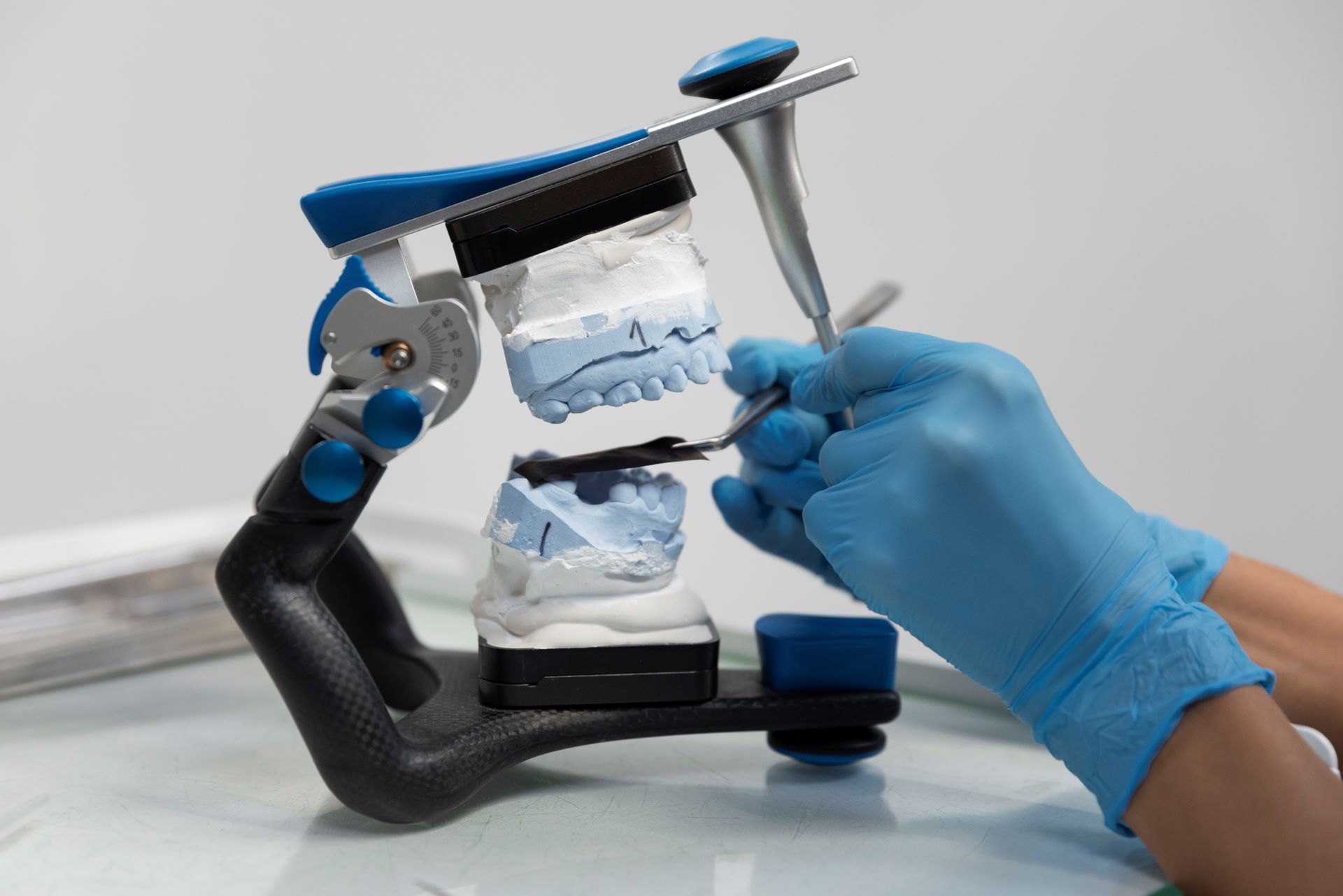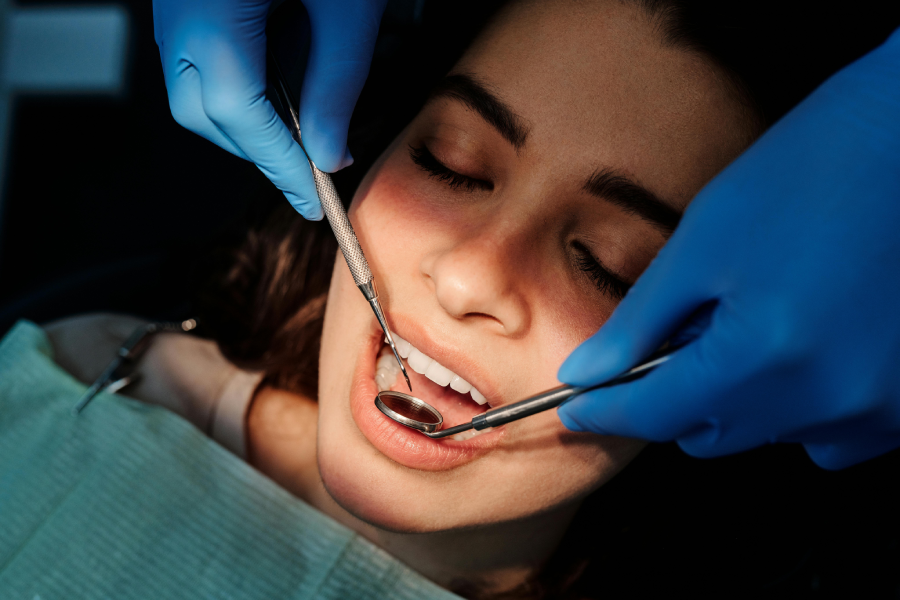Risks when a Tooth is removed
A dry socket after a tooth extraction is common and it occurs in 3% to 4% of cases during the extraction process. A dry socket happens when the blood clot fails to form or the clot has broken down early.
In a dry socket, the jawbone of the patient will be exposed. When this occurs the patient will experience unbearable pain. It can also cause a bad taste or odor. A dry socket can cause pain on the third day after the tooth extraction process.
When the tooth extraction is complex, it will increase the chance of developing this condition. When patients smoke immediately after surgery, it can also cause a dry socket. Women with birth control pills are likely to experience this as well. When the patient has a dry socket, it will need to be treated as soon as possible with a medicated dressing so that the pain will subside and the healing process continues.
Infections can also happen during the tooth extraction procedure, but the chance of it developing is rare particularly when the patient has a strong immune system.
Learn the do’s and don’ts after teeth removal.
These can also cause a dry socket:
- The lower lip and chin have been numb for too long. This happens because of the injury in the alveolar nerve in the lower jaw. It will heal but expect the healing time will take six months. On rare occasions, the numbness can become permanent.
- The tooth extraction is not complete. This occurs when the root remains in the jaw of the patient. The dentist will need to extract to root so that it won’t cause any infection. Sometimes it is less risky if the root is left on the tooth.
- Sores in the jaw muscles and jaw. When this occurs you’ll have difficulty opening the mouth or there is too much pressure in the jaw.
- There is accidental damage to the teeth such as a fracture in the fillings.
- There is a hole in the sinus where the upper molar is extracted. The small hole normally closes itself in a few weeks and if not, surgery will need to be done.
- The jaw fracture due to too much pressure applied during the treatment process. This usually happens in older people especially those with osteoporosis.
Sources:
- Abu Younis, Mohammed H, and Ra’ed O Abu Hantash. “Dry socket: frequency, clinical picture, and risk factors in a palestinian dental teaching center.” The open dentistry journal vol. 5 7-12. 7 Feb. 2011, doi:10.2174/1874210601105010007
- Tarakji, Bassel et al. “Systemic review of dry socket: aetiology, treatment, and prevention.” Journal of clinical and diagnostic research : JCDR vol. 9,4 (2015): ZE10-3. doi:10.7860/JCDR/2015/12422.5840










